The naira returned to a downward trend on Wednesday after experiencing gains for two consecutive trading days at the official foreign exchange (FX) market.
Despite a slight increase in dollar supply, the naira’s value depreciated by N11.72, with the dollar quoted at N1,329.65, down from N1,173.88 on Tuesday. This data was reported by the FMDQ Securities Exchange Limited.
Join our WhatsApp Channel“The naira’s depreciation is a concern for many traders,” said financial analyst, John Okoro. “We saw some positive movement earlier in the week, but the currency’s value remains highly volatile.”
The amount of dollars supplied by willing buyers and sellers saw a modest increase of 2.50 percent, rising to $336.54 million on Wednesday from $328.32 million recorded on Tuesday. This slight uptick in supply, however, was not enough to sustain the naira’s earlier gains.
In the broader context of FX market trading, the intraday high remained steady at N1,506 per dollar on Wednesday. The intraday low showed some improvement, strengthening to N1,010 per dollar, compared to N1,150 on Tuesday. These fluctuations highlight the ongoing instability in the foreign exchange market.
“The market is reacting to various factors, including investor sentiment and government policies,” said Sarah Adewale, an economist. “The naira’s performance is a reflection of these complex dynamics.”
READ ALSO: Naira Appreciates To N1,3339/$1 At Official Market As CBN Addresses Market Volatility
At the parallel market, commonly known as the black market, the naira appreciated by 2.36 percent. The dollar traded at N1,480 on Wednesday, down from N1,515 on Tuesday. This appreciation in the parallel market offers a slight relief but underscores the disparity between official and unofficial exchange rates.
“The black market often provides a more accurate reflection of the naira’s true value,” noted trader Musa Ibrahim. “The gap between the official rate and the parallel market rate is significant.”
Recent policy decisions have also played a role in the naira’s performance. President Tinubu’s administration has been implementing various reforms aimed at stabilizing the economy, but execution challenges remain. Investors are keenly watching these developments, with many expressing the need for more decisive action.
“We need to see more concrete steps from the government,” said investment strategist, Amina Bello. “The reforms are in place, but the execution has been lacking.”
In related news, the demand for naira loan apps has surged by 64 percent, highlighting the growing need for local currency amidst economic uncertainties. Additionally, President Tinubu is set to present the 2024 supplementary budget to the National Assembly soon, a move that could have further implications for the naira and the broader economy.
“The upcoming budget will be crucial,” added Bello. “It will provide insights into the government’s fiscal strategy and its approach to managing the currency crisis.”
As the naira continues to navigate these turbulent waters, stakeholders remain vigilant, hoping for more stability in the near future. The interplay of market forces, government policies, and investor confidence will be key determinants of the naira’s trajectory in the coming months.
Emmanuel Ochayi is a journalist. He is a graduate of the University of Lagos, School of first choice and the nations pride. Emmanuel is keen on exploring writing angles in different areas, including Business, climate change, politics, Education, and others.

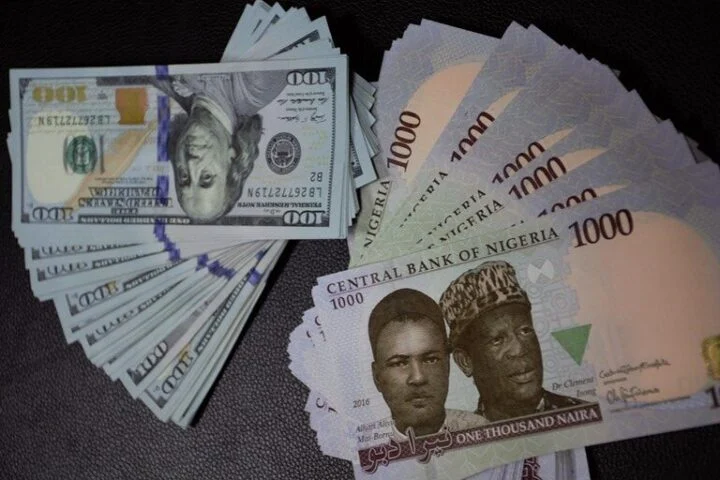





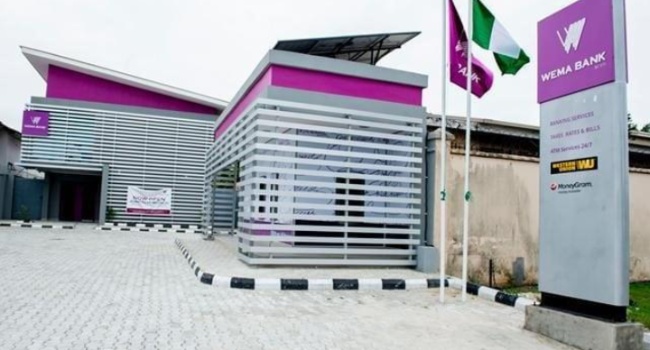
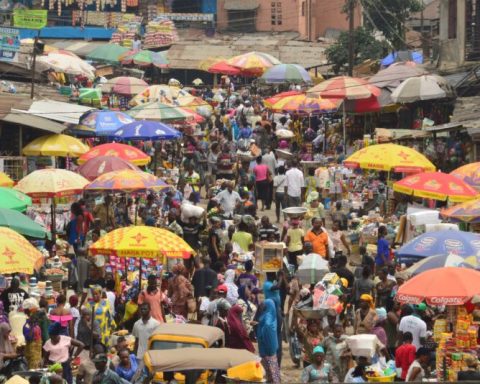








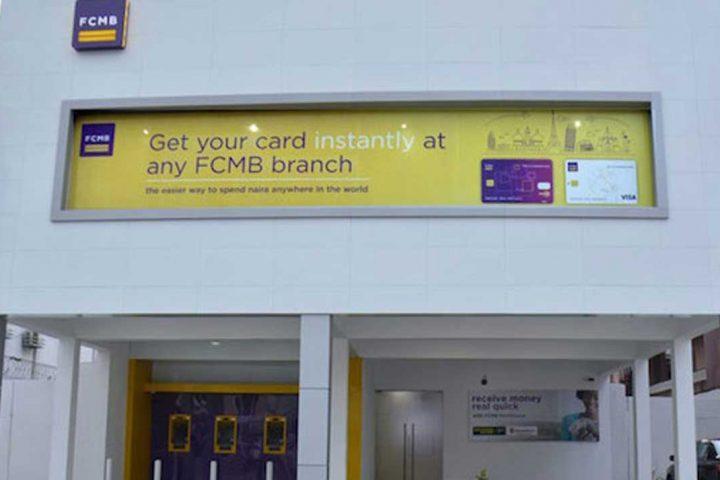
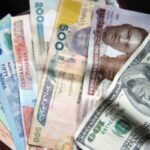
Follow Us